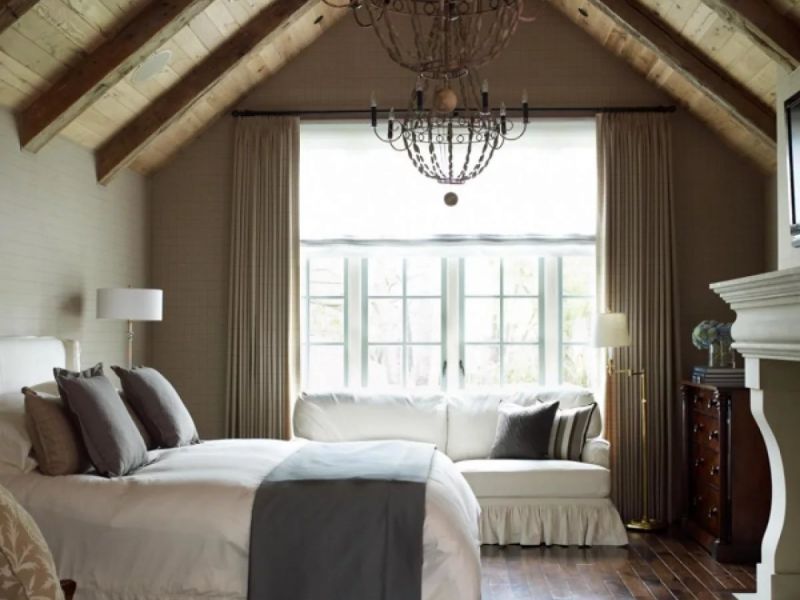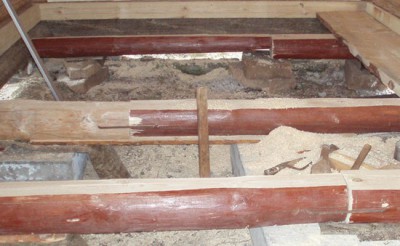What materials can be used to warm the floor in a private house
How to insulate the floor in a private house?
Glory
Expert Answer
Hello, Glory.
Your concern with this matter is commendable. Thermal insulation of floors in a private house is one of the most important stages of construction, because a significant area of the uninsulated surface contributes to huge heat loss. The modern building materials market offers a wide range of heaters that can be used in the construction of floor coverings:
- Expanded clay. It is a porous pellet of burnt clay. Due to its natural origin, expanded clay is completely safe to use, has a low cost and high environmental cleanliness. It conducts heat poorly, has high strength and durability. The main disadvantage of expanded clay pellets is their hygroscopicity. When insulating the floor with this material, additional measures for hydro and vapor barrier are needed.
- Expanded polystyrene (polystyrene) is one of the best heaters with a fairly low cost, high heat-insulating ability and minimal moisture absorption. Using this material, one should bear in mind its fire hazard - gas-filled plastics emit a large amount of choking gases during combustion. In addition, in the thickness of the foam like to build their nests, mice and rats. These and other disadvantages make it necessary to protect the insulation with a layer of concrete screed.
- Mineral (basalt) cotton wool has advantages in the form of low price, resistance to external influences and low thermal conductivity. The disadvantage of this insulation is that it cakes over time, and when saturated with water, it loses more than 80% of its heat-insulating properties. For this reason, the use of cotton insulation requires the mandatory use of waterproofing and a vapor barrier.
- Ecowool and fibrous organic insulation are made from linen, jute and other fibers of natural origin. Just like rolled synthetic materials, ecowool is afraid of a humid environment, reacting to the increased moisture content by the appearance of fungi and rot, but it does not practically lose its insulating properties.
- Vermiculite is a material that is obtained by heat treatment of mineral materials pressed into slabs due to the addition of silicates or carbonate fillers. Thermal insulation of this type has no expiration date, it has extremely low thermal conductivity and high environmental cleanliness. The disadvantage is the still high price of vermiculite plates.
- In addition to the above-mentioned heaters, for arranging the floor in a country house, you can use one more interesting material, which appeared relatively recently. This is a ThermoPlast mixture designed for bulk mounting. The advantage of this technology is its simplicity and the possibility of constructing a finish without lag. As for the minuses, it is one - an excessively high cost that prevents the widespread use of bulk insulation in the field of budget construction.
When choosing thermal insulation, one should proceed from what materials will be used in the construction of the floor. If you plan to build a wooden floor, then in this case preference is given to cotton heaters - with their help all cold bridges are easily removed.As a result, you will not only get a warmer floor, but also build an additional barrier against moisture, because the dew point will be brought out. In the case of building a floor on soil or concrete floors, we recommend using expanded clay or polystyrene foam insulation. And in either case, you can additionally install a heat-reflecting screen made of lavsan foil film - it will not only return heat rays to the room, but will also serve as another step in protecting the insulation from moisture.



